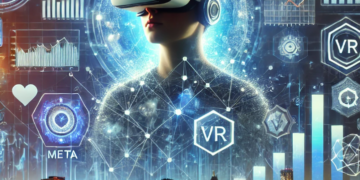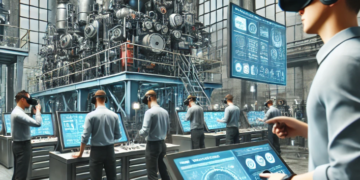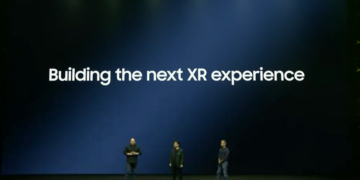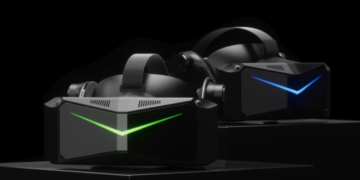The integration of Virtual Reality (VR) technology into various sectors continues to break boundaries, and the legal field is no exception. In January 2025, a historic event occurred in a Florida courtroom where VR simulation was permitted as evidence in a high-profile criminal case. This groundbreaking moment marks a significant step toward the future of justice and technology, reshaping how legal cases are presented and understood.
What Happened?
For the first time in the United States, a Florida judge allowed the use of virtual reality technology to recreate a crime scene. The immersive VR experience provided the jury with a detailed, three-dimensional simulation of the events in question. Unlike traditional photographs or videos, this VR simulation offered a lifelike perspective, allowing jurors to virtually “step into” the scene and understand the spatial relationships, movements, and timeline of the incident.
How Virtual Reality Enhances Legal Proceedings
Virtual Reality is increasingly being explored as a tool to improve legal proceedings, offering benefits such as:
- Immersive Evidence Presentation: By simulating real-life events, VR can bring abstract details to life, making it easier for jurors to grasp complex scenarios.
- Accuracy and Clarity: VR technology can provide precise recreations of crime scenes based on forensic data, ensuring a more accurate depiction of evidence.
- Enhanced Juror Understanding: Jurors can interact with the virtual environment, gaining insights that may not be possible through static images or verbal descriptions.
Challenges and Ethical Considerations
While the adoption of VR in courtrooms is promising, it raises several challenges:
- Bias and Manipulation: Critics argue that VR simulations could unintentionally influence jurors, depending on how the scene is recreated or presented.
- Access and Costs: Implementing VR technology in the legal system may be costly, raising concerns about equal access for all parties.
- Legal Precedents: Courts must carefully consider how VR evidence is authenticated and its implications for future cases.
The Future of Virtual Reality in Law
The Florida case sets a precedent for the broader application of VR technology in the legal field. Its potential uses include:
- Training lawyers and judges through virtual mock trials.
- Assisting in jury deliberations by offering a more comprehensive understanding of evidence.
- Streamlining legal processes in civil cases, such as property disputes or accident reconstructions.
As VR continues to evolve, its role in courtrooms and the legal system will expand. The Florida case serves as a reminder that technology can enhance justice when used responsibly, bridging the gap between innovation and fairness.
Conclusion
The introduction of Virtual Reality in courtrooms is a pivotal moment in legal history, demonstrating how cutting-edge technology can redefine traditional practices. While challenges remain, the advantages of VR in improving evidence presentation and juror understanding are undeniable. As more legal systems worldwide embrace this technology, we may witness a transformation in how justice is delivered, ensuring fairer trials and more informed decisions.







